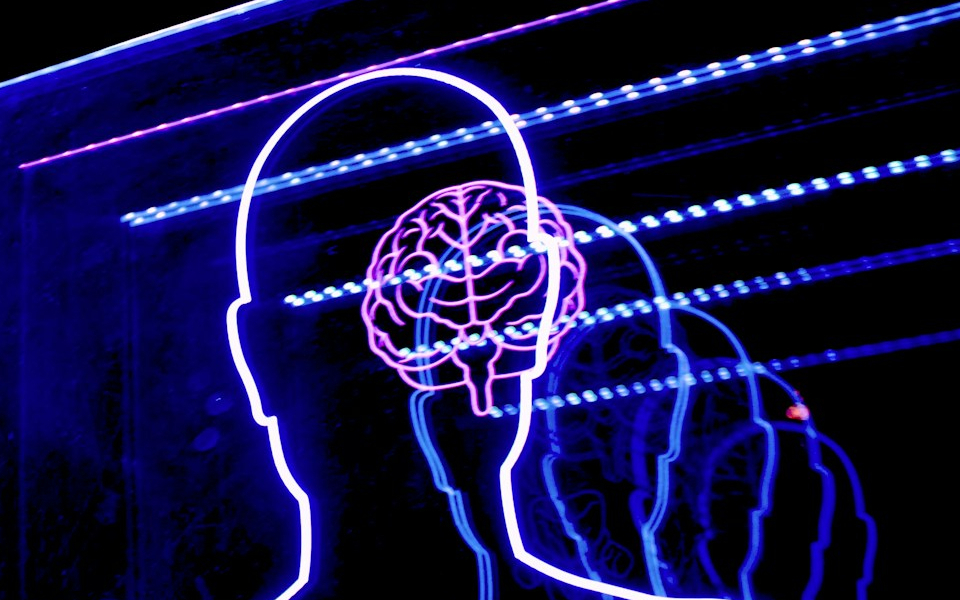International Monetary Fund (IMF) deputy chief Gita Gopinath cautioned that the increasing use of artificial intelligence (AI) could potentially worsen future economic downturns.
What Happened: On Thursday, Gopinath expressed her concerns while appearing on CNN, stressing the need for governments and authorities to closely monitor the adoption and application of AI across different sectors.
She shared a clip on X, formerly Twitter, and said, "Policy action now can mitigate these risks while at the same time harnessing the technology's potential for good."
In the interview, she highlighted that job losses due to automation are most prominent in the first year of economic recessions. Since the mid-1980s, 88% of job cuts related to automation occurred in the first year of a recession, the report noted.
She further elaborated that during periods of economic prosperity, companies invest in automation and retain workers despite their low-value addition due to high profits. However, during a downturn, these companies switch to cost-cutting mode and lay off workers.
"The Great Financial Crisis was an example of that. We saw one of the most severe forms of jobless recovery that came after the great financial crisis, both in the U.S. and in Western Europe," she stated.
Gopinath went on to add, "It's very important for governments and authorities to track how AI is being adopted and how it's being used in different sectors because otherwise, we could be flying blind in the next recession."
Why It Matters: Last month, IMF managing director Kristalina Georgieva likened the impact of AI on the job market to a "tsunami" and warned of increased inequality.
"We have very little time to get people ready for it, businesses ready for it," she said at the time. "It could bring tremendous increase in productivity if we manage it well, but it can also lead to more misinformation and, of course, more inequality in our society."
In April 2023, Goldman Sachs
The Institute for Public Policy Research has also warned that the U.K. could lose up to eight million jobs as AI becomes increasingly integrated into the workplace. They also said that if government, employers, and unions "don't act soon, it may be too late."
However, not everyone shares this view. Earlier, Microsoft Corporation
Meta Platforms Inc.










